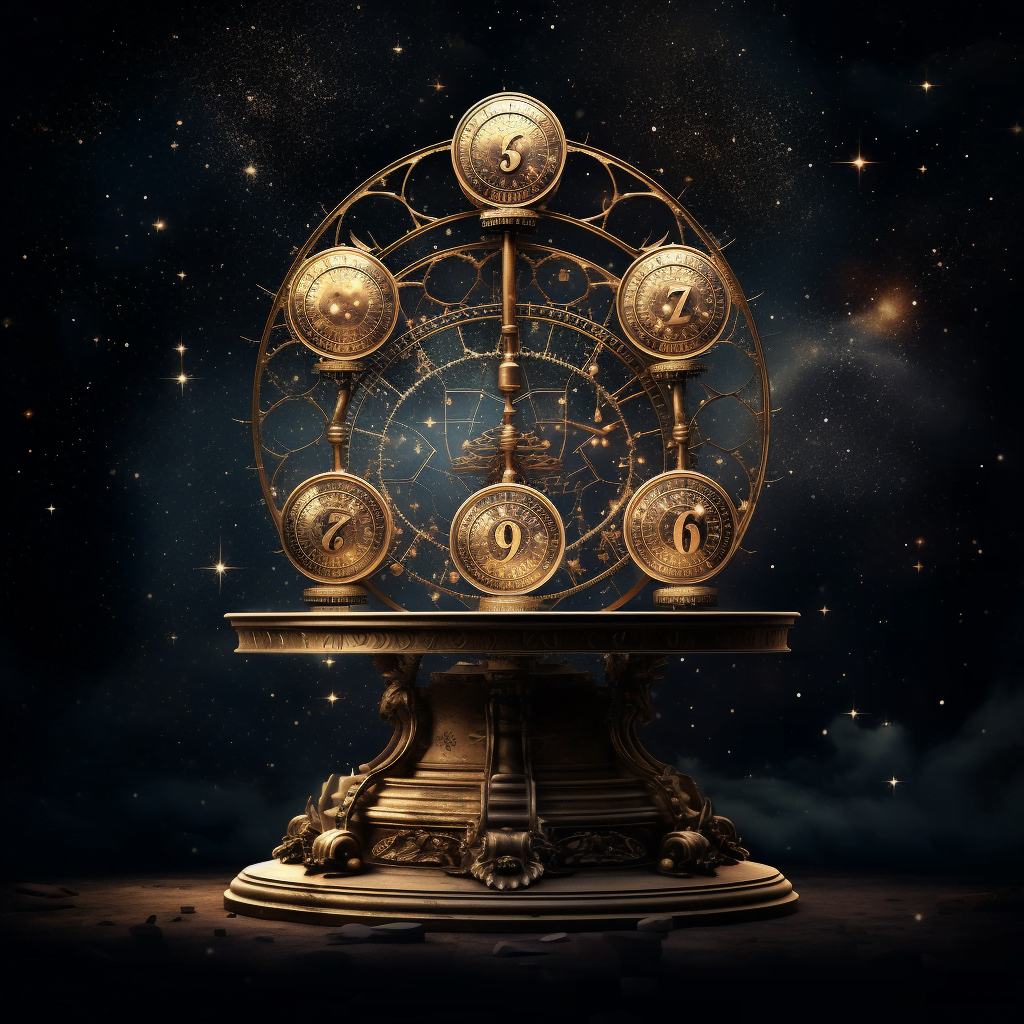The field of astrology has long intrigued and captivated individuals seeking insights into their personalities, life paths, and even love compatibility. However, beyond its popular perception as a means of predicting daily horoscopes, a controversial question arises: can astrology actually provide indications or predict mental illnesses? This article explores the intersection of astrology and mental health, examining whether celestial placements and zodiac signs hold any relevance in understanding and potentially foretelling the complexities of mental illness. By shedding light on this intriguing topic, we can uncover the potential correlations, limitations, and ethical implications of using astrology as a tool for mental health assessment and prediction.
Can Astrology Predict Mental Illness?
Introduction
Astrology has been a subject of fascination for centuries, with individuals seeking guidance and insights into various aspects of their lives. From determining compatibility in relationships to providing insights into career paths, astrology has served as a tool for self-reflection and self-discovery. However, the question of whether astrology can predict mental illness is one that has sparked much debate and skepticism.
Understanding Astrology
Astrology is a complex system that utilizes celestial bodies’ positions and their alignment at the time of an individual’s birth to provide a personalized horoscope. This horoscope is then interpreted to offer insights into an individual’s personality traits, behaviors, and potential life events. Astrology is based on the premise that the positioning and movement of celestial bodies can influence and shape human lives.
The Relationship between Astrology and Mental Health
Mental health is a multifaceted aspect of human well-being that encompasses a range of conditions, including anxiety disorders, depression, bipolar disorder, and personality disorders. While astrology’s primary purpose is not to predict mental illness, some proponents argue that there may be a correlation between celestial influences and mental health.
The Role of Zodiac Signs in Predicting Mental Illness
Zodiac signs are a fundamental component of astrology, dividing the year into twelve distinct signs based on the positioning of the sun at the time of an individual’s birth. Each zodiac sign is believed to possess unique characteristics and qualities that influence an individual’s personality and life trajectory. Some astrologers suggest that certain zodiac signs may be predisposed to specific mental health conditions.
Astrological Factors and Mental Illness
Astrologers examine various factors to determine potential mental health predispositions in an individual’s birth chart. These factors include the sun sign, moon sign, and the positions of other planets in the individual’s chart. Astrological interpretations often analyze aspects such as Saturn’s placement and malefic aspects to identify potential challenges to mental well-being.
Common Mental Health Conditions Predicted by Astrology
Astrologers claim that certain zodiac signs and configurations may indicate a higher risk of particular mental health conditions. For example, individuals with the moon in Scorpio may be more prone to intensity and emotional upheaval, potentially manifesting as conditions such as borderline personality disorder. Similarly, individuals with a strong presence of Saturn in their chart may exhibit traits associated with depression or anxiety disorders.
Astrology as a Tool for Self-awareness and Prevention
While astrology may not provide foolproof predictions of mental illness, it can serve as a valuable tool for self-awareness and prevention. By understanding their astrological predispositions, individuals can gain insight into potential challenges they may face and take proactive steps to maintain their mental well-being. Astrology can encourage reflection and self-exploration, allowing individuals to identify patterns and seek appropriate support when needed.
Skepticism and Criticism of Astrology’s Predictive Abilities
Despite its widespread popularity, astrology faces substantial criticism regarding its predictive abilities. Skeptics argue that astrology lacks scientific evidence and relies heavily on subjective interpretations. They contend that any apparent correlations between astrology and mental health conditions may be coincidental or the result of confirmation bias. Skeptics also emphasize the need for empirical research to substantiate astrological claims.
Ethical Considerations in Using Astrology for Mental Health
Using astrology to predict mental illness raises ethical considerations. Mental health is a delicate and complex field, and it is important to approach it with utmost care and respect. Relying solely on astrology for diagnosis or treatment would be irresponsible and potentially harmful. Professionals in the mental health field should prioritize evidence-based approaches and adhere to ethical guidelines when working with individuals experiencing mental health challenges.
Conclusion
While astrology may not possess the ability to predict mental illness with absolute certainty, it can offer individuals insights into potential predispositions and challenges they may face. Astrology can serve as a tool for self-reflection and self-awareness, allowing individuals to proactively address their mental well-being. However, it is essential to approach astrology with skepticism and complement it with evidence-based approaches when addressing mental health concerns. As the field of mental health continues to evolve, it is crucial to integrate astrology into a broader framework that includes empirical research and professional guidance to ensure responsible and ethical practices.


